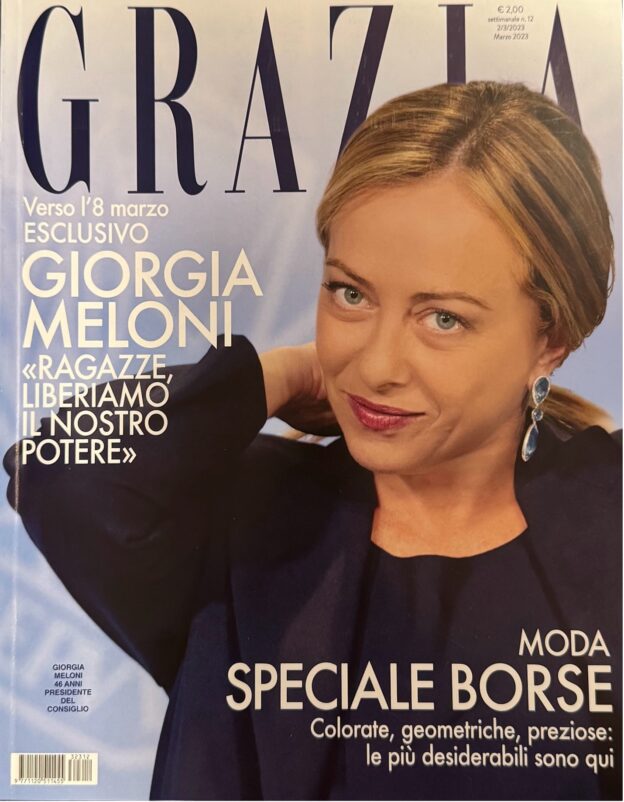by Diletta Pasetti and Nicoletta Marini-Maio
This article undertakes a critical examination of Giorgia Meloni’s self-narrative of professional success and motherhood, situating it in dialogue with the symbolic and theological constructs associated with the Virgin Mary. By drawing on Mariological discourse, the study interrogates how Meloni’s articulation of her personal and political identity leverages iconic representations of femininity to reinforce or subvert established paradigms of gender and authority. It explores how Meloni draws on Mariology to shape her views on female agency and women’s roles in society, analyzing the political and philosophical discourse around these themes. Using the lens of 1970s Italian feminism (Cavarero, Lonzi, Muraro), contemporary feminist theology (Forcades, Murgia), and fascist feminist experiments (Labriola), the article highlights key issues in Meloni’s narrative: the uniqueness of women’s roles, the appeasement of societal expectations, and the archetypal theme of motherhood as self-realization. The analysis argues that Meloni adopts a male-dominated vision of Mary, devoid of agency, which contrasts sharply with feminist ideals of subjectivity and desire. Meloni’s model for women operates within a masculine symbolic order, while implying that success requires accepting these imbalances rather than challenging them. Lacking empowerment or solidarity with other women, Meloni’s narrative becomes a collage of religious clichés and gendered tropes, presenting a fragmented vision of success that upholds motherhood while limiting female self-realization to destiny and individual ambition.

